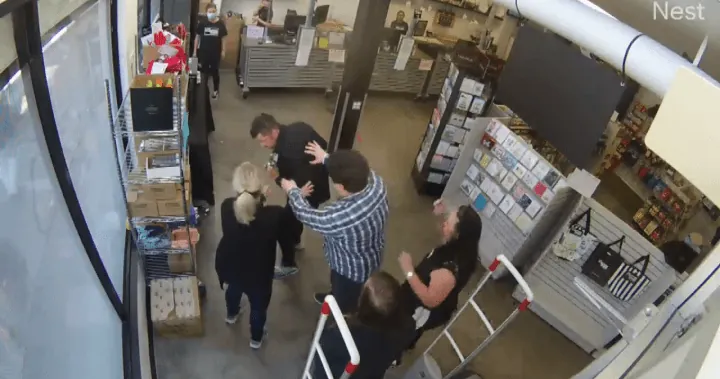
Telecom Giant Unleashes AI 'Grandma' Bot to Outsmart Phone Scammers!
2024-11-14
Author: Noah
In a groundbreaking move against the ever-present threat of phone scams, O2, the largest mobile network operator in the UK, has introduced a voice-based AI chatbot designed to engage and frustrate scammers. Named Daisy—or affectionately, "dAIsy"—this innovative chatbot replicates the voice of an elderly woman, the primary target for many phone fraudsters. But how exactly does this clever scheme work, and could it be a game-changer in the battle against phone scams?
The essence of Daisy's mission lies within the concept of "scambaiting," a tactic that involves deliberately wasting the time of phone scammers to minimize their chances of victimizing vulnerable individuals. Scammers often exploit the trustful nature of the elderly, bombarding them with deceptive pitches about unpaid taxes or urgent financial matters that could lead to arrest. However, once the scammers connect with Daisy, they are in for an unexpected and lengthy conversation that leads nowhere productive.
Equipped with sophisticated real-time processing capabilities, Daisy engages scammers in prolonged dialogues that can stretch for over 40 minutes. During these exchanges, if a scammer requests sensitive information like bank details, Daisy crafts fabrications, ensuring that no real data is ever given away. O2 cleverly places Daisy's number on "easy target" lists that scammers use, enabling her to reach unsuspecting fraudsters directly.
Demonstration videos showcase the effectiveness of Daisy, revealing audio clips of frustrated scammers who, after an exhausting conversation, still hold on to hope of extracting financial information. The technology behind Daisy is surprisingly convincing, as it mimics slower-paced speech patterns typical of the elderly, making it seamless to keep scammers engaged.
While the implementation of such a chatbot is an innovative response to telephone scams, it also raises concerns about the potential for misuse. Advances in AI technology, including deepfake voice impersonations, have already been exploited to deceive unsuspecting individuals, including executives. As scammers become more sophisticated, vulnerable populations, especially seniors, may be at an even greater risk if they receive calls from identities they trust—like a supposed grandchild.
Experts agree that the ultimate objective should be to block fraudulent calls entirely and dismantle the organizations orchestrating these scams. Telecom companies have made strides in identifying and blocking scam numbers, but it remains a challenging cat-and-mouse game. With scammers employing automated dialing systems to reach victims quickly, Daisy's intervention may not be a complete solution, but it certainly tips the scales in favor of consumer protection.
Could this innovative approach mark the dawn of a new era in cybersecurity? As technology continues to evolve, the fight against scams may ultimately hinge on turning their tactics against them—one chat at a time. Will your next elderly relative receive a scam call, or will they get a chatty AI grandma on the line? Keep your phone lines open, and let's hope for the best!









 Brasil (PT)
Brasil (PT)
 Canada (EN)
Canada (EN)
 Chile (ES)
Chile (ES)
 España (ES)
España (ES)
 France (FR)
France (FR)
 Hong Kong (EN)
Hong Kong (EN)
 Italia (IT)
Italia (IT)
 日本 (JA)
日本 (JA)
 Magyarország (HU)
Magyarország (HU)
 Norge (NO)
Norge (NO)
 Polska (PL)
Polska (PL)
 Schweiz (DE)
Schweiz (DE)
 Singapore (EN)
Singapore (EN)
 Sverige (SV)
Sverige (SV)
 Suomi (FI)
Suomi (FI)
 Türkiye (TR)
Türkiye (TR)